Student Wellbeing
Wellbeing
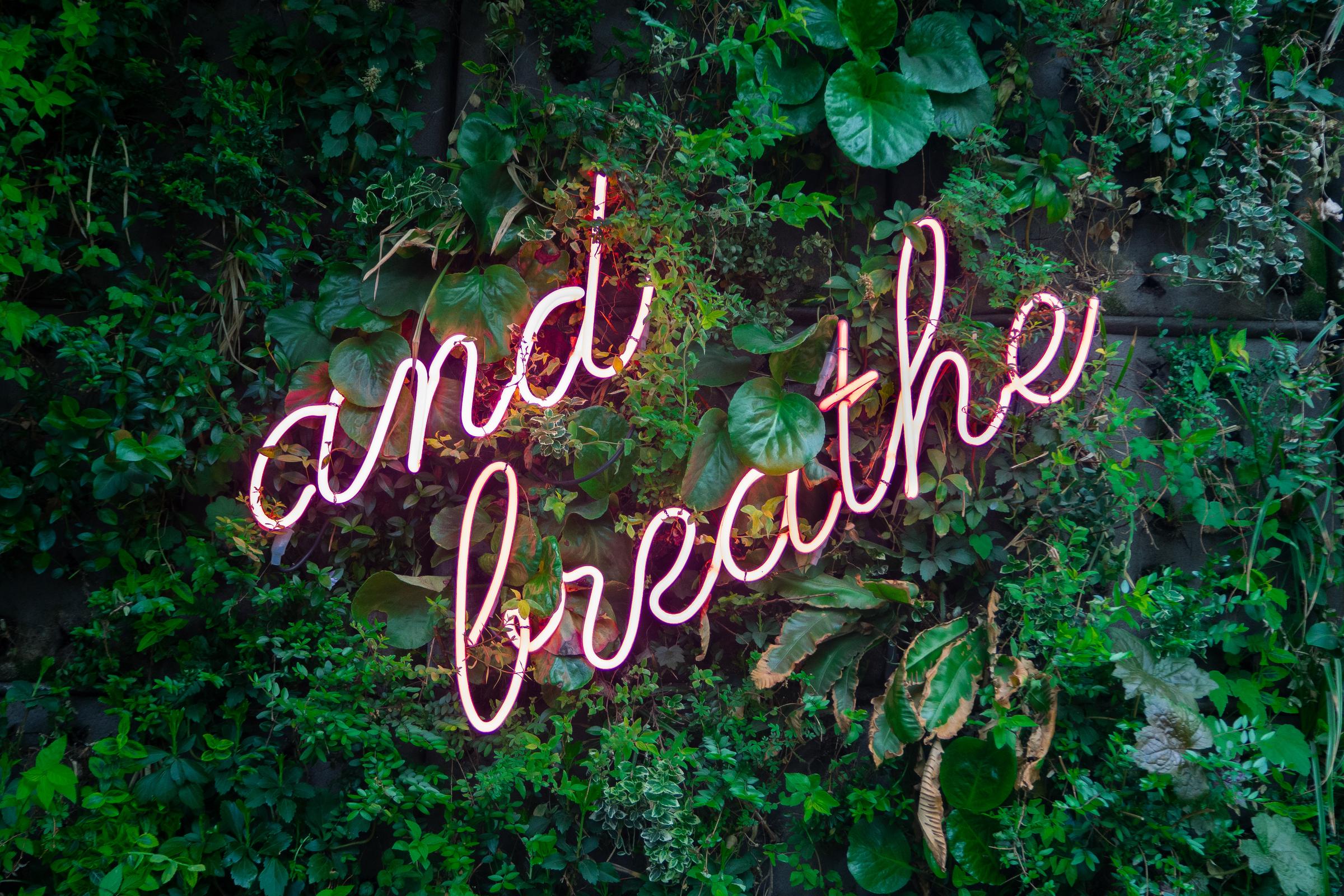
Student Wellbeing
Wellbeing
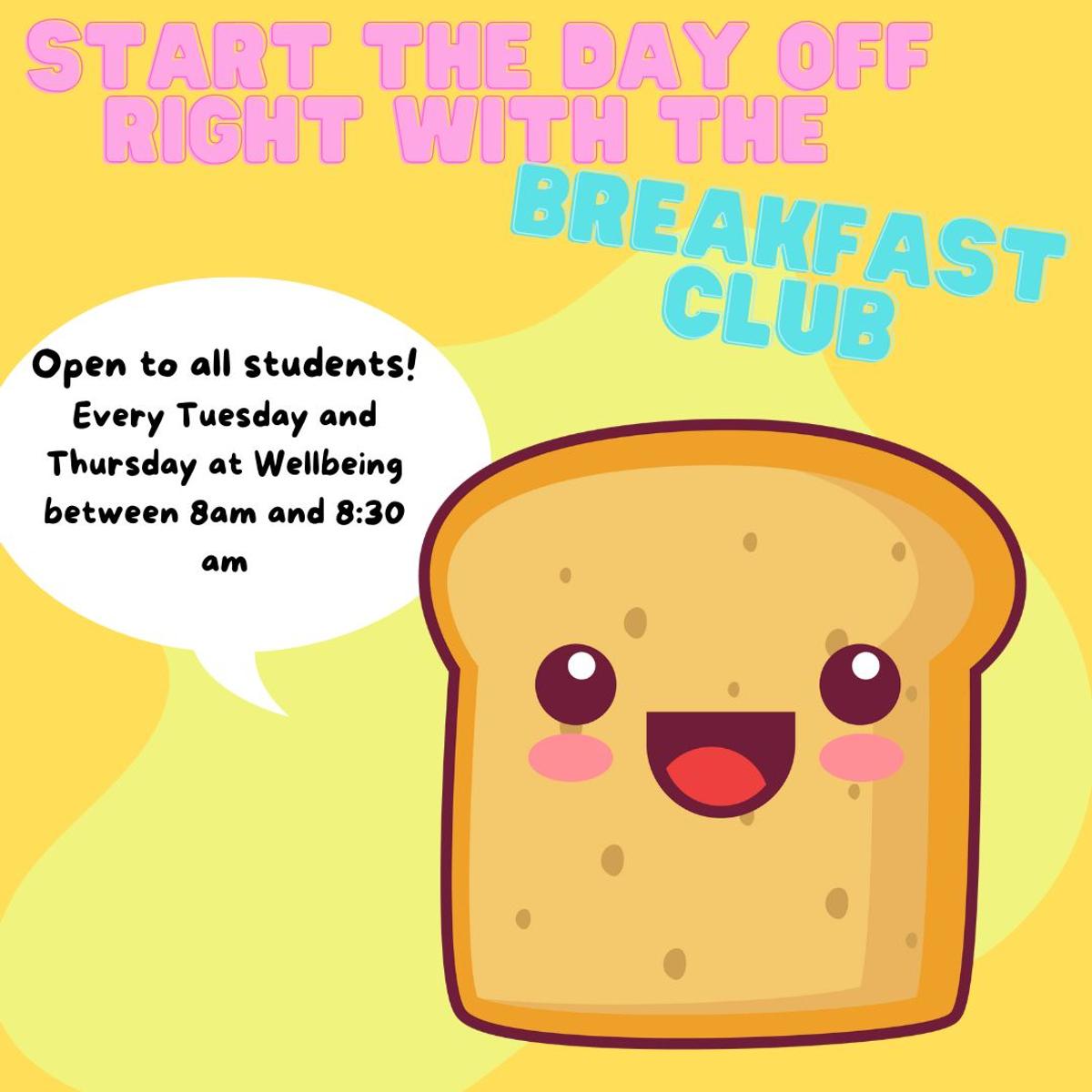

Breakfast Club is open to all students so please join us 8am - 8:30am Tuesdays and Thursdays in the Uniform Shop foyer, for some free healthy food to start your day!
Over the past few years Vaping has become popular with young people. You might have seen people on social media doing it, you might have seen some friends or family members doing it. But what do you actually know about “vaping”?
Vaping might seem like a harmless alternative to smoking, but did you know these products and what they contain can be harmful for your health?
What is Vaping?
Vaping is a term used to describe what a person does when they use an E-Cigarette. These are electronic devices that are compact and battery powered which vaporize a liquid often containing nicotine and other harmful chemicals and substances.
You might think the vape liquid or “juice” is safe, but did you know that the liquid is not regulated or vigorously tested? The chemicals often used in these devices can also be harmful to your brain that is still developing!
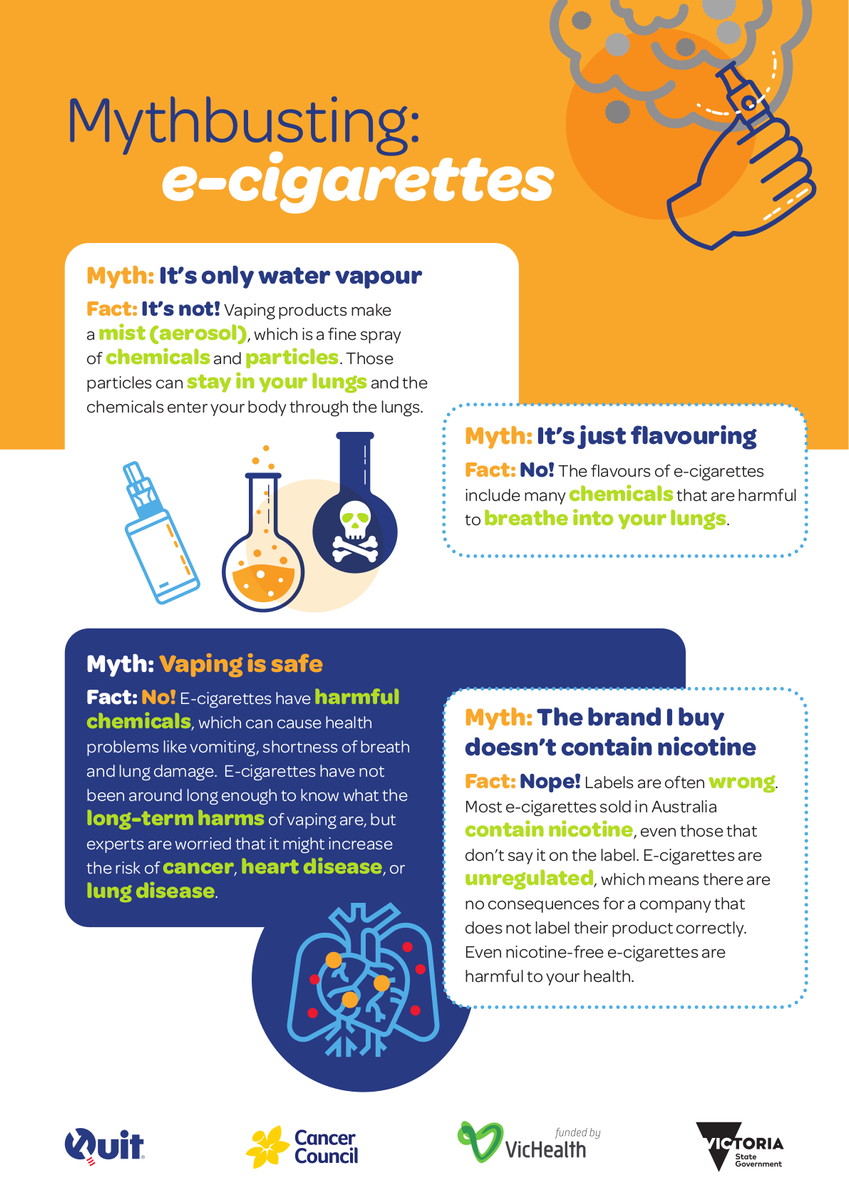
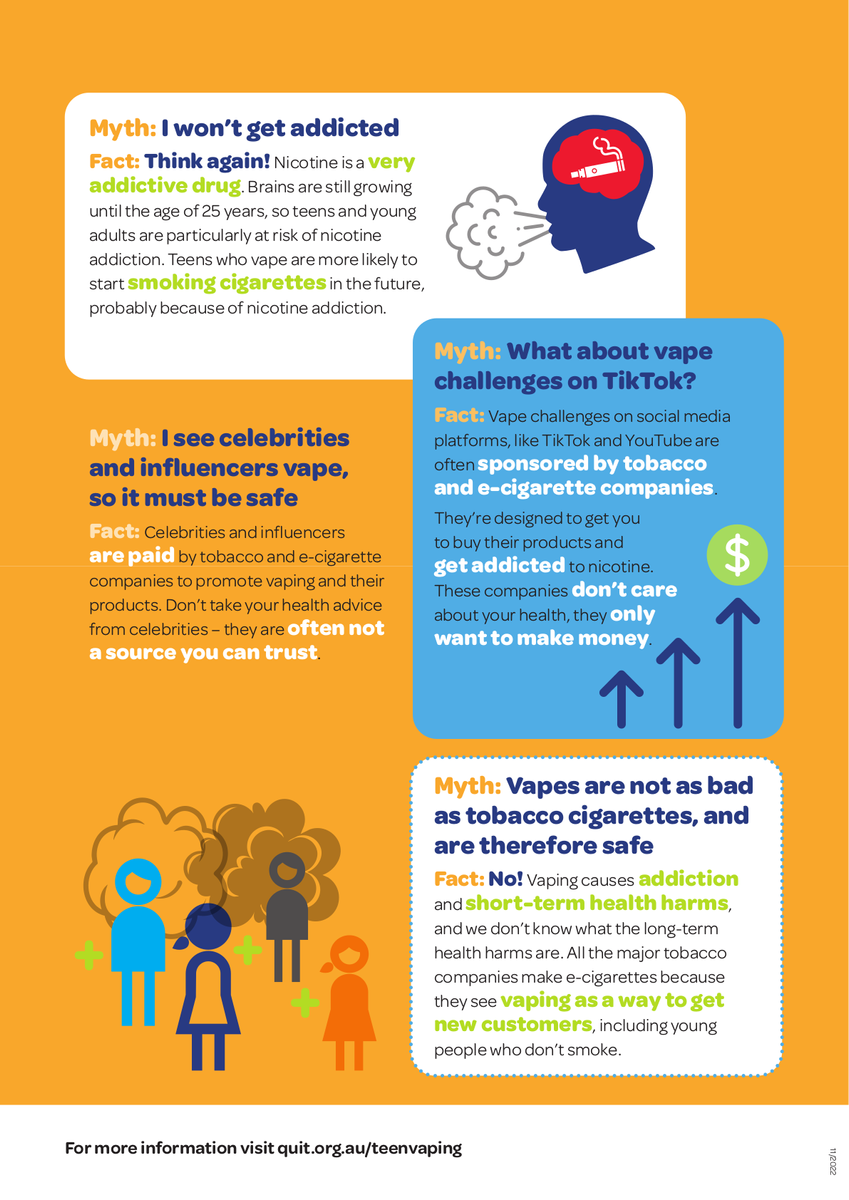


The dangers and the risks of Vaping:
The first thing to point out is that as safe as you might think it is, vaping can have bad outcomes for your health and wellbeing. In fact, vaping does make lots of people sick and unwell. Some things that could happen if you try vaping or vape for a while can be:
When you vape you aren’t just inhaling water vapour, you are actually breathing in chemicals that contain toxic particles. Some studies in Australia have shown poisonous chemicals present in the liquid. These can include:
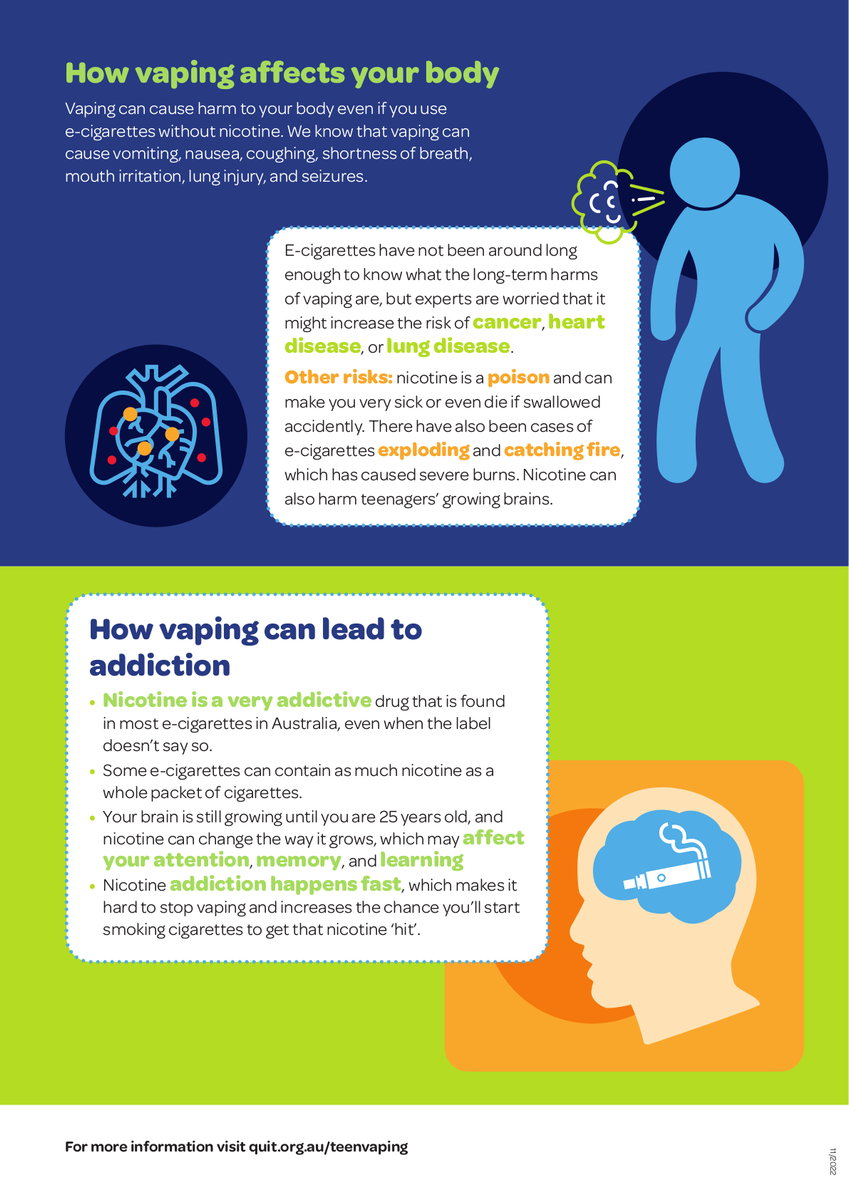



If its so dangerous, why is it available?
At the moment, vapes can be purchased in stores and online however the sale of vapes with nicotine is illegal in Australia and illegal to sell or provide to anyone under 18. It’s the law.
We all know how dangerous cigarettes are and the bad outcomes these can have on a persons life. So now, less and less people are smoking tobacco. Essentially, these companies still want to make money so vaping is their answer. By using social media, making different flavours and smells, companies are using clever marketing strategies to make it look cool, fun and safe. But like smoking cigarettes the health outcomes can be similar, dangerous and significant.
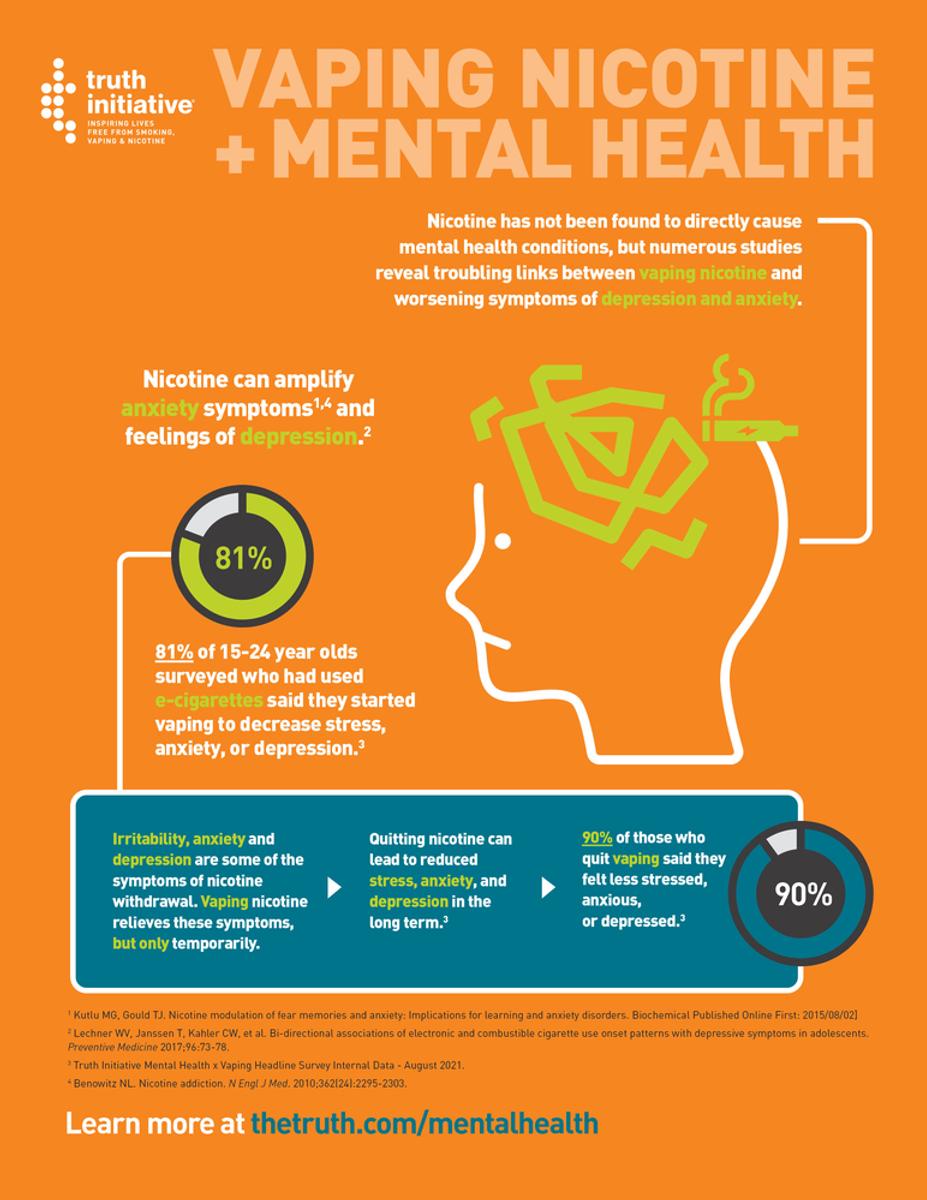

You can say “no”
We all like to fit in and to be part of a group, and get involved with what our friends are doing. But with some of these activities you are taking risks that are not necessary. It can also be hard to say “no” when you see your friends doing something that might not be safe or OK. With any decision you should always be putting your health and wellbeing first and only ever doing things you feel comfortable with.
If you understand the risks of Vaping or any other activity that can poorly affect your life and health this can help you decide and feel more comfortable in saying “no”. Educating yourself on the risks involved with addictive substances and actions like vaping can also help you to make an informed decision and make good, responsible and safe decisions. Lead by example, educate yourself and your friends.
Some resources and info to read:
Kids Helpline 1900 551 800
Australian Government Department of Health
Department of Education and Training Police and Advisory Library
Source for this article: Lung Foundation Australia
The Wellbeing Team have compiled a range of resources and support services for students and families to access via Compass under Community (the two people) – School Documentation – For Students/For Parents – Wellbeing Resources.
headspace: visit headspace.org.au to find your nearest centre or call headspace on
1800 650 890.
Kids Helpline:
1800 55 1800 or kidshelpline.com.au
ReachOut: reachout.com.au
SANE Australia: 1800 187 263 or sane.org
National 24/7 crisis services
Lifeline:13 11 14 or lifeline.org.au
Suicide Call Back Service: 1300 659 467 or suicidecallbackservice.org.au
beyondblue:
1300 224 636 or beyondblue.org.au
Student Wellbeing Team
Email: wellbeing@wantirnacollege.vic.edu.au
Guiseppe Relia – Wellbeing Coordinator
Talea-Jane Simpson – School Counsellor
Lea Marrison - Mental Health Practitioner
Tajinder Wulff - Mental Health Practitioner